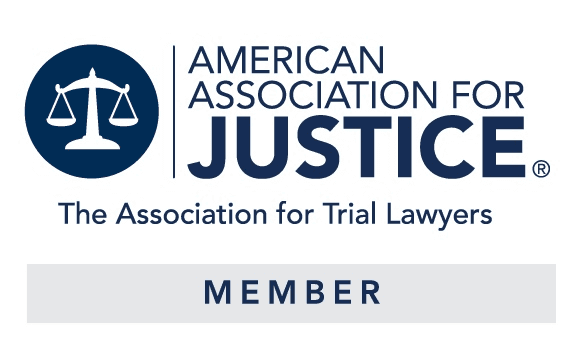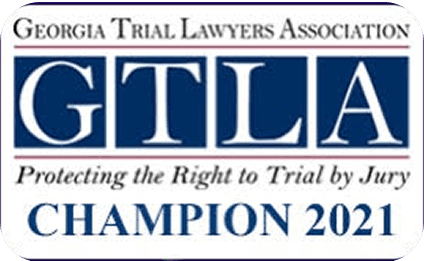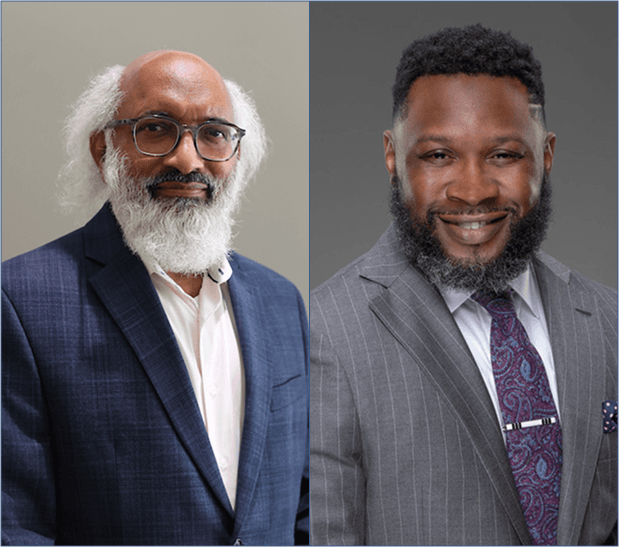
Bad Faith Claim
You expect insurance companies to pay valid legal claims promptly. However, this doesn’t always happen. Insurers sometimes use bad faith practices to undervalue damages or avoid paying claimants entirely.
If you believe an insurance company acted unfairly, a Georgia personal injury attorney can help protect your rights and hold the insurer accountable.
How Does Insurance Work?
Insurance is a contract between an insurer and a policyholder. The insurer agrees to cover certain losses in exchange for premiums. Personal injuries and accidents are common reasons for filing an insurance claim.
Types of insurance relevant to personal injury cases include:
- Automobile insurance
- Fire insurance
- Homeowners insurance
- Medical malpractice insurance
- Commercial or business liability insurance
- Workers’ compensation insurance
When someone suffers an injury due to negligence or wrongdoing, they may file a personal injury claim with the at-fault party’s insurer. The insurance company investigates the claim to assess liability and may offer a settlement if appropriate.
What Is Bad Faith Insurance in Georgia?
Bad faith refers to an insurance company’s failure to act honestly and fairly when handling a claim. Georgia insurance law requires insurers to process claims in good faith, meaning they must:
- Acknowledge and process claims promptly
- Disclose relevant policy information
- Provide clear reasons for denials
- Offer fair settlements where applicable
If an insurance company delays, denies, or manipulates the claims process unfairly, it may be considered bad faith.
Examples of Bad Faith Insurance Practices
Examples of bad faith by insurance companies may include:
- Refusing to acknowledge or investigate a valid claim
- Unreasonably delaying claim resolution
- Demanding unnecessary or burdensome documentation
- Misleading the claimant about their legal rights
- Attempting to discourage claimants from consulting attorneys
- Changing policy terms after a claim is filed
- Pressuring claimants to accept lowball settlement offers
- Providing no justification for a denial
- Refusing to pay a claim after a signed settlement
- Misrepresenting Georgia insurance laws
- Denying a valid claim without proper legal basis
Bad faith can be difficult to detect because some practices may seem routine. If you believe an insurer is acting unfairly, speak with a qualified personal injury attorney.
Can the Insurance Company Deny My Claim?
Yes, an insurance company can legally deny a claim if there is a valid reason. Not every denial constitutes bad faith.
Legitimate reasons for denial may include:
- The claim is not covered under the policy
- The policy lapsed or was canceled
- The damages claimed are excessive or unrelated
- The claim was filed after the deadline
- Lack of sufficient evidence to establish liability
Even if the denial appears lawful, you have the right to appeal. Appeals are time-sensitive and must follow specific procedures outlined by Georgia law.
First-Party vs. Third-Party Bad Faith Claims
There are two types of bad faith insurance claims in Georgia:
First-Party Claims
Filed by a policyholder against their own insurer.
Examples: homeowners, auto, or collision coverage claims.
Third-Party Claims
Filed by someone injured by the insurer’s client.
Examples: a slip and fall victim filing a liability claim or a driver injured in a car accident caused by the insured.
In both cases, the insurer is obligated to handle claims fairly and promptly. Failure to do so may expose them to additional liability.
Damages Available for Bad Faith in Georgia
If an insurer has acted in bad faith, you may be entitled to recover more than just the original claim amount.
Potential damages include:
- Compensation for the original personal injury claim
- Attorney’s fees and litigation costs
- Non-economic damages for emotional distress, pain, and suffering
- Punitive damages in extreme cases of misconduct
The court may also impose interest and other penalties, particularly if the insurer willfully violated good faith standards.
Contact a Georgia Personal Injury Lawyer About Bad Faith Insurance
If an insurance company is delaying or denying a legitimate claim in Georgia, you may have legal grounds to pursue a bad faith insurance claim.
The attorneys at Kunnatha Lawson LLC are experienced in handling complex insurance disputes. We will review your claim, investigate the insurer’s conduct, and take legal action if your rights were violated.
Call us at 678-446-3655 to schedule a free consultation and get the help you need to hold the insurer accountable.
Georgia Personal Injury Lawyers
We focus exclusively on serious personal injury cases, including:
Assault Injuries
Bad Faith Insurance
Bicycle Accident
Brain Injury
Bus Accidents
Car Accidents
Catastrophic Injuries
Child Injuries
Construction Accidents
Dog Bites
If your life was disrupted by someone else's negligence, we're here to restore your power through the law.











